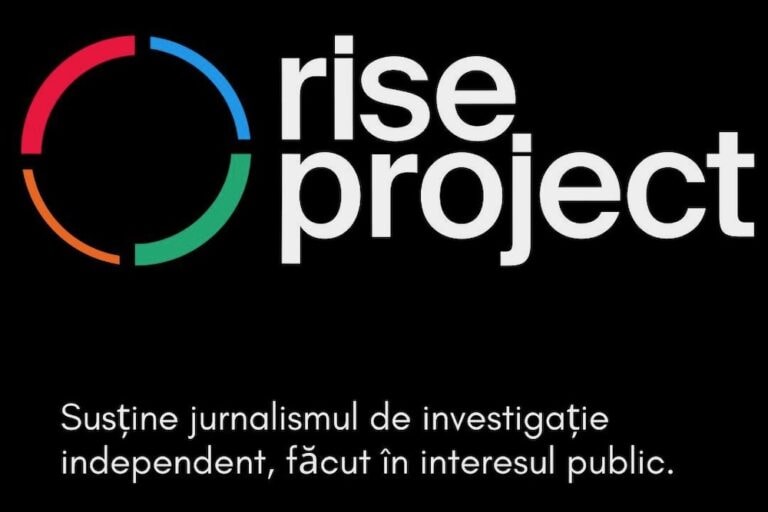(IFJ/IFEX) – The following is a 16 March 2009 media release by the European Federation of Journalists (EFJ), an IFJ regional group: Romania: EFJ Calls for Withdrawal of ‘Absurd’ Modifications of Civil Code The European Federation of Journalists (EFJ), the regional group of the International Federation of Journalists (IFJ), today called for the withdrawal of […]
(IFJ/IFEX) – The following is a 16 March 2009 media release by the European Federation of Journalists (EFJ), an IFJ regional group:
Romania: EFJ Calls for Withdrawal of ‘Absurd’ Modifications of Civil Code
The European Federation of Journalists (EFJ), the regional group of the International Federation of Journalists (IFJ), today called for the withdrawal of the draft law amending the Civil Code in Romania. The EFJ says the bill flagrantly infringes European principles regarding access to information and press freedom.
“Some of the proposals put forward by the government are simply absurd,” said EFJ President Arne König. “They do not take into account basic principles of press freedom.”
The draft law, which was adopted last week by the Romanian Government and then sent to Parliament, was elaborated in a hurry by the Ministry of Justice without consulting the legal representative of media organisations nor the Economic-Social Council.
Its section about “the Defense of Non-Patrimonial Rights” includes articles which can restrict citizens’ access to information of public interest by such means as empowering the courts to “seize, destruct, confiscate or withdraw from circulation those goods and means that served or were used for the prejudicial act”, including data of journalists’ personal or work computer.
Under the draft law, journalists would be compelled to reply to public solicitations within a period of “no later than three days” or face a court order to publish a response/correction “integrally, without alteration, change or crop”. Media would also be liable to reveal “the sources used for obtaining or broadcasting the information” in their defence against such an order.
“Such a legal requirement is against all European principles of press freedom,” said Arne König. “Journalists cannot be forced by law to reply to any solicitation by the public nor can they be forced to reveal their sources to show their good will.”
The EFJ is further concerned by the proposed powers for the courts to order, following an “urgent judicial decision”, the seizure and confiscation of evidential documents and the payment of a fine to philanthropy organisations.
The EFJ shares the concerns of its member organisation, the Romanian Federation of Journalists MediaSind, over the legal process initiated by the government which threatens press freedom so blatantly if this draft law passes.
The EFJ support the MediaSind’s call for the removal of the incriminated provisions in the draft.
The EFJ represents over 260,000 journalists in 30 countries.


